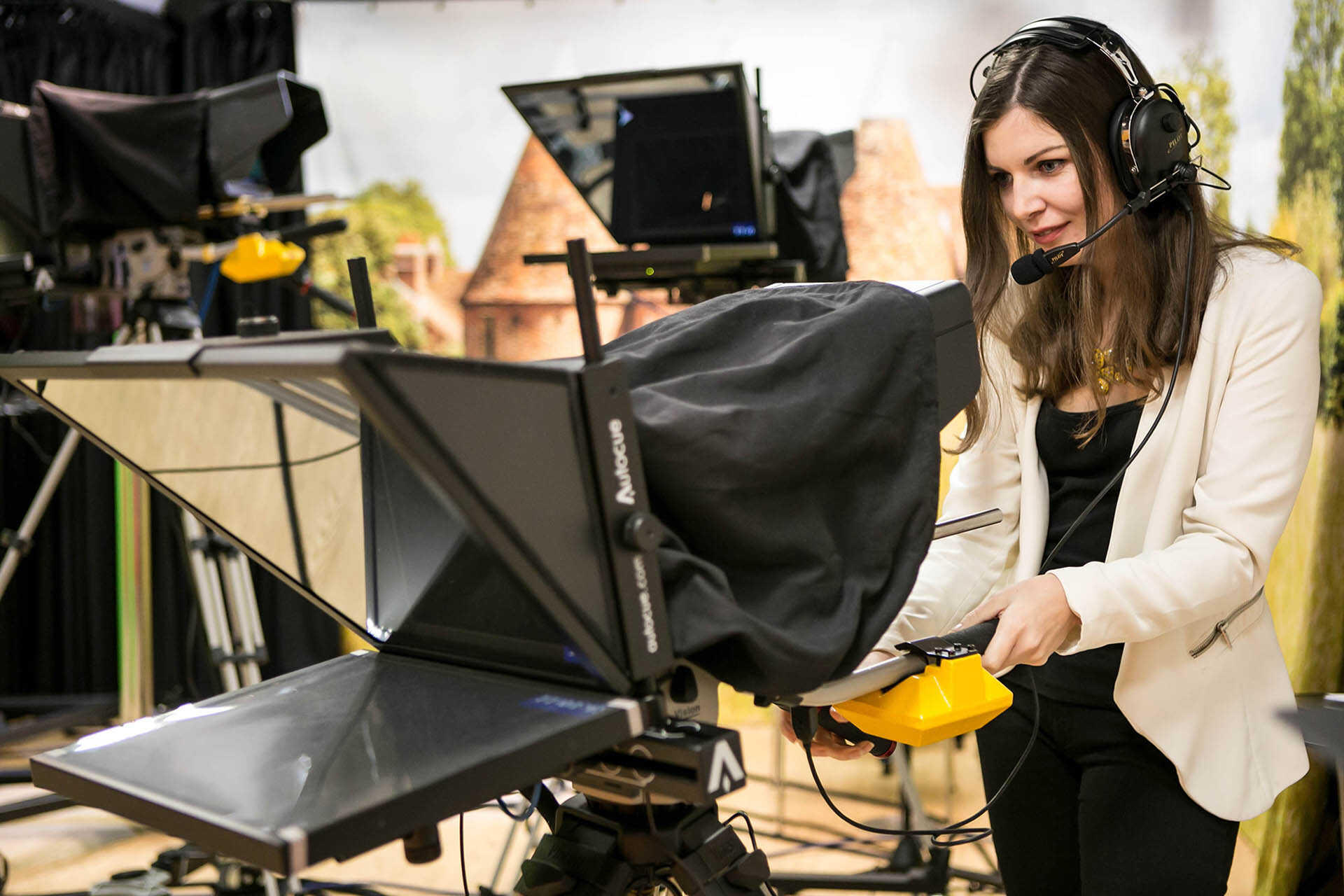This freestanding, self-contained year, is open to students from other schools in the University and can be taken after Stage 2 or 3 (that is, between your second and final year, or after your final year).
Journalism is more than an exciting and glamorous occupation. At its best, by informing what millions believe, holding power to account and challenging injustice, it reinforces the most cherished values of democratic societies.
If successful, when you graduate your degree title includes the words with a Year in Journalism.
Applications for September 2024 have now closed.

During the year, you work exclusively within the Centre for Journalism at Kent's Medway campus.
You learn in a live newsroom environment, complete with dedicated radio and television studios. Your tutors include working reporters, former editors of national newspapers and specialist correspondents.
As part of your Year in Journalism course, you study for the National Council for the Training of Journalists (NCTJ) Diploma in Journalism. This nationally recognised professional qualification is the passport to a career in journalism.
The year is available to any University of Kent undergraduate student (Canterbury or Medway) who has completed Stage 2 or 3 of their degree in any subject other than Journalism or a related joint honours degree.
International students wishing to add the Year in Journalism will be approved on a case-by-case basis in accordance with UK immigration regulations and the University’s Tier 4 policy on Academic Progression and Change of Course. Students also need to be aware that they may need to return to their home country to apply for a new visa to add the year to their degree.